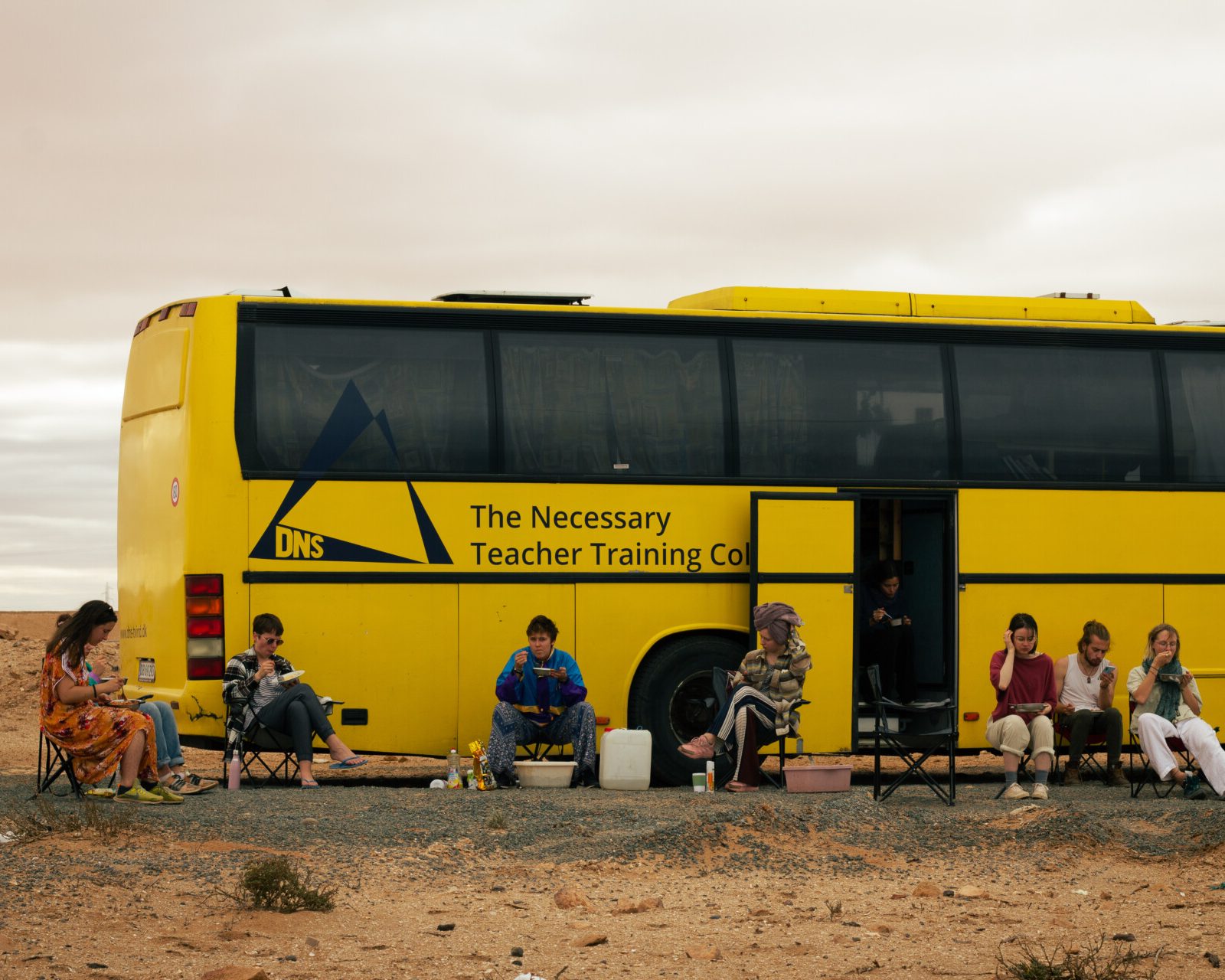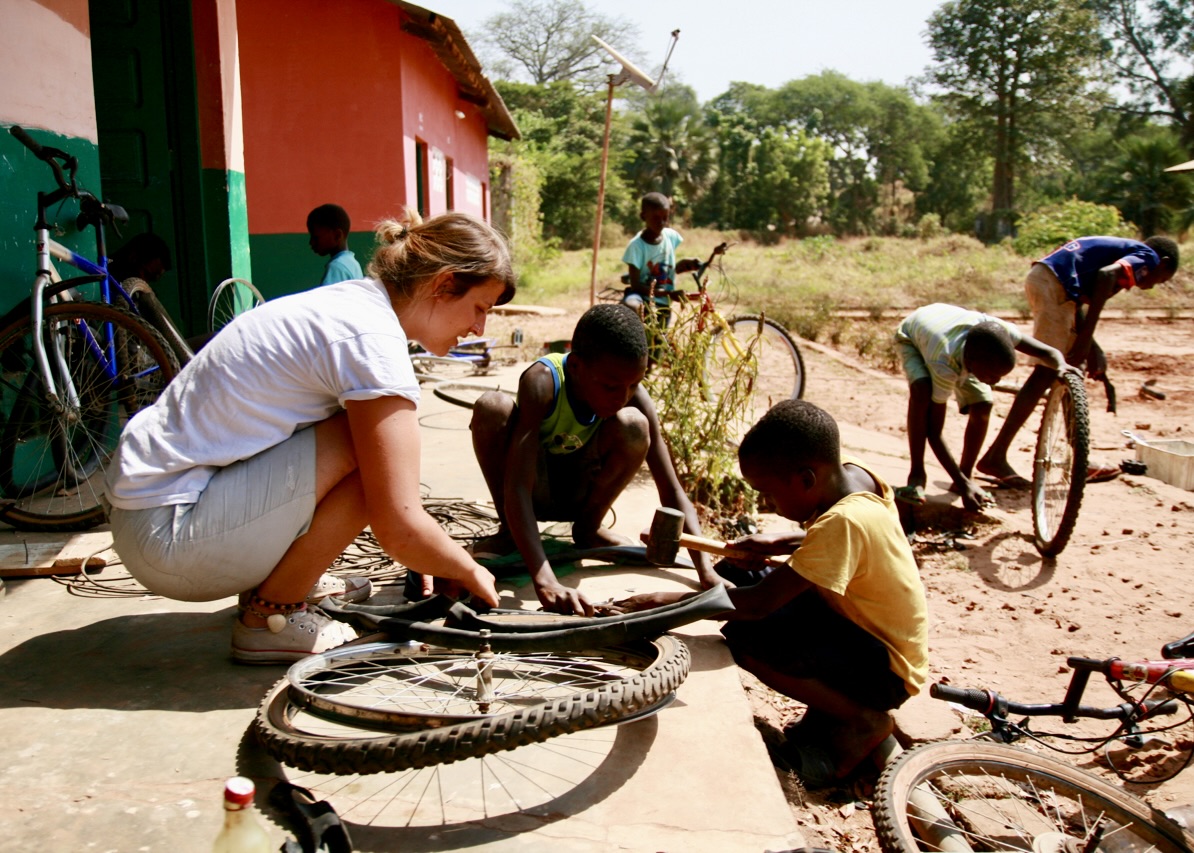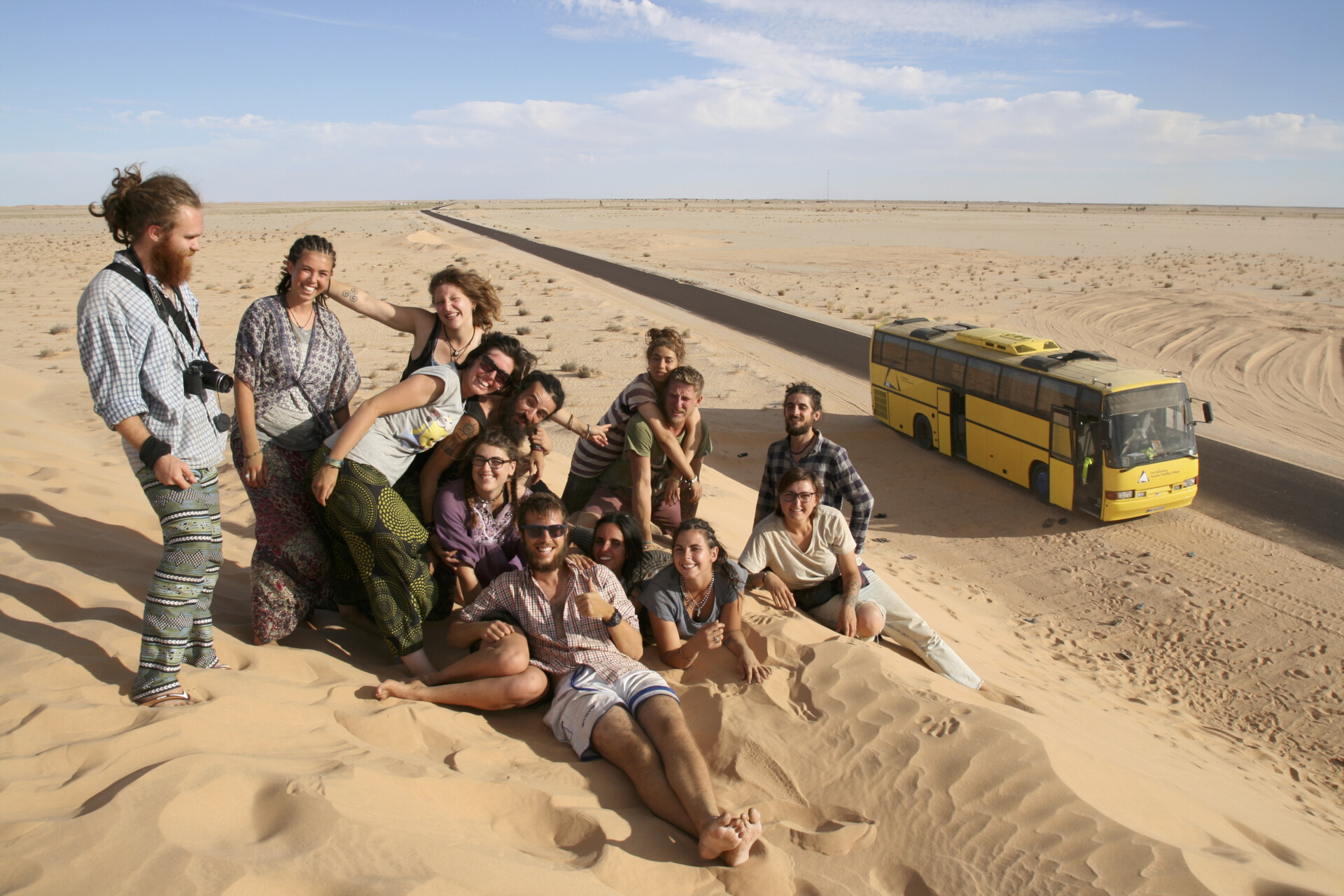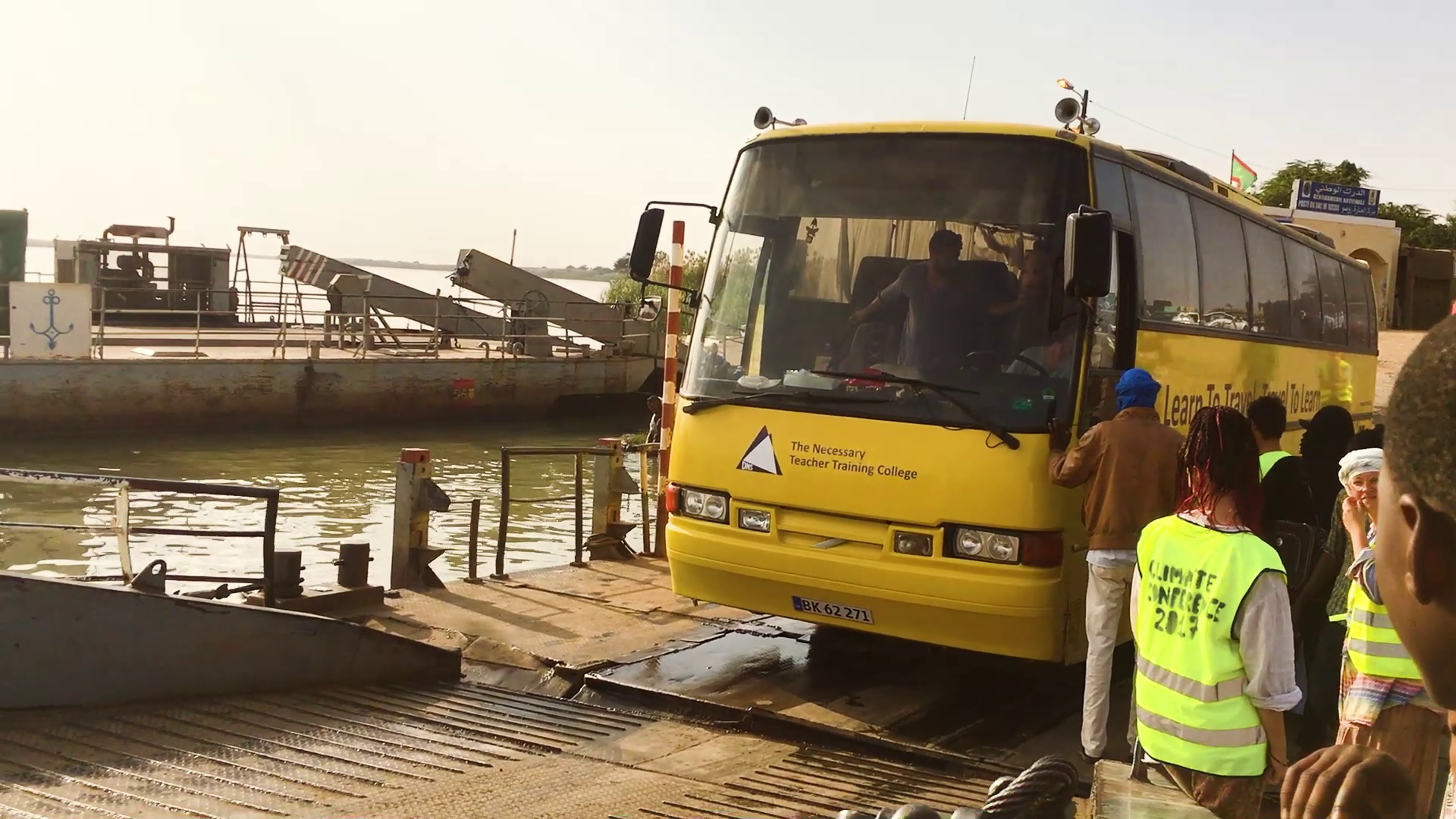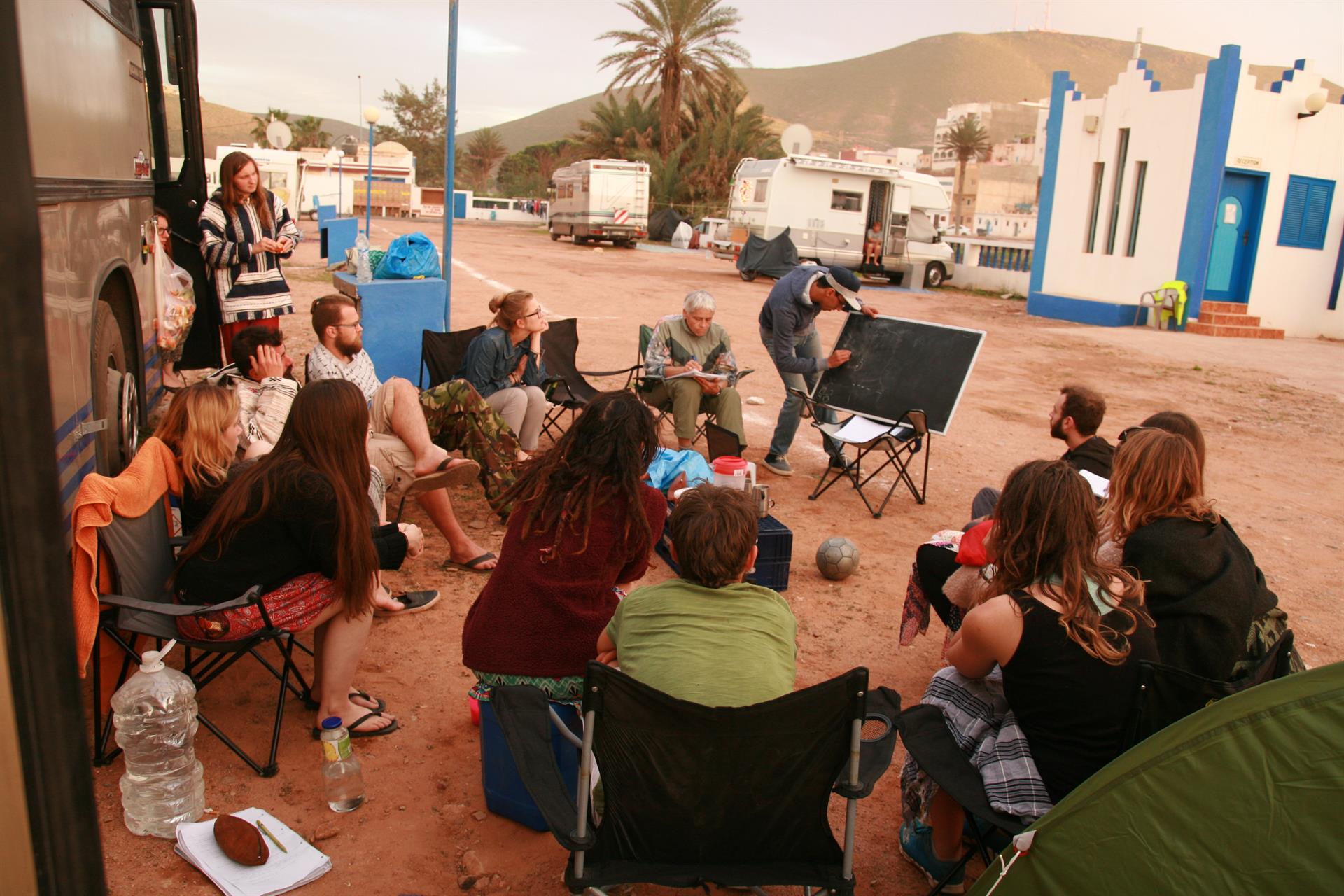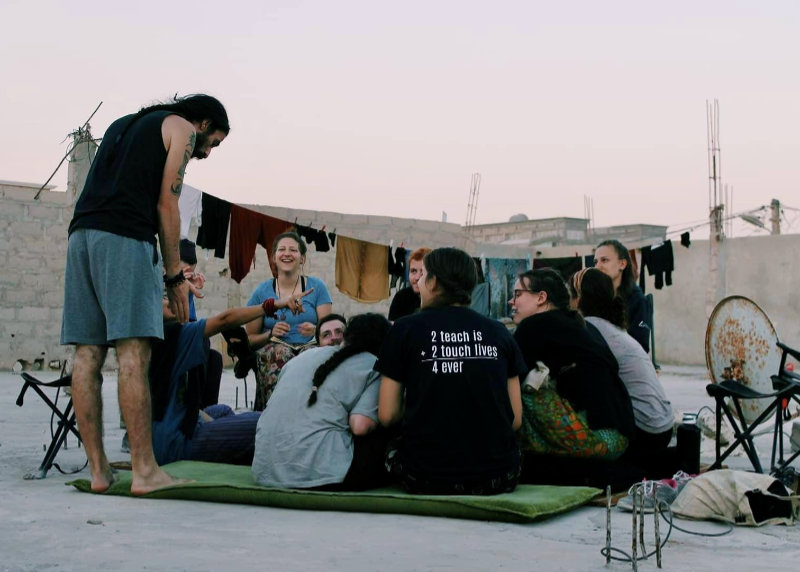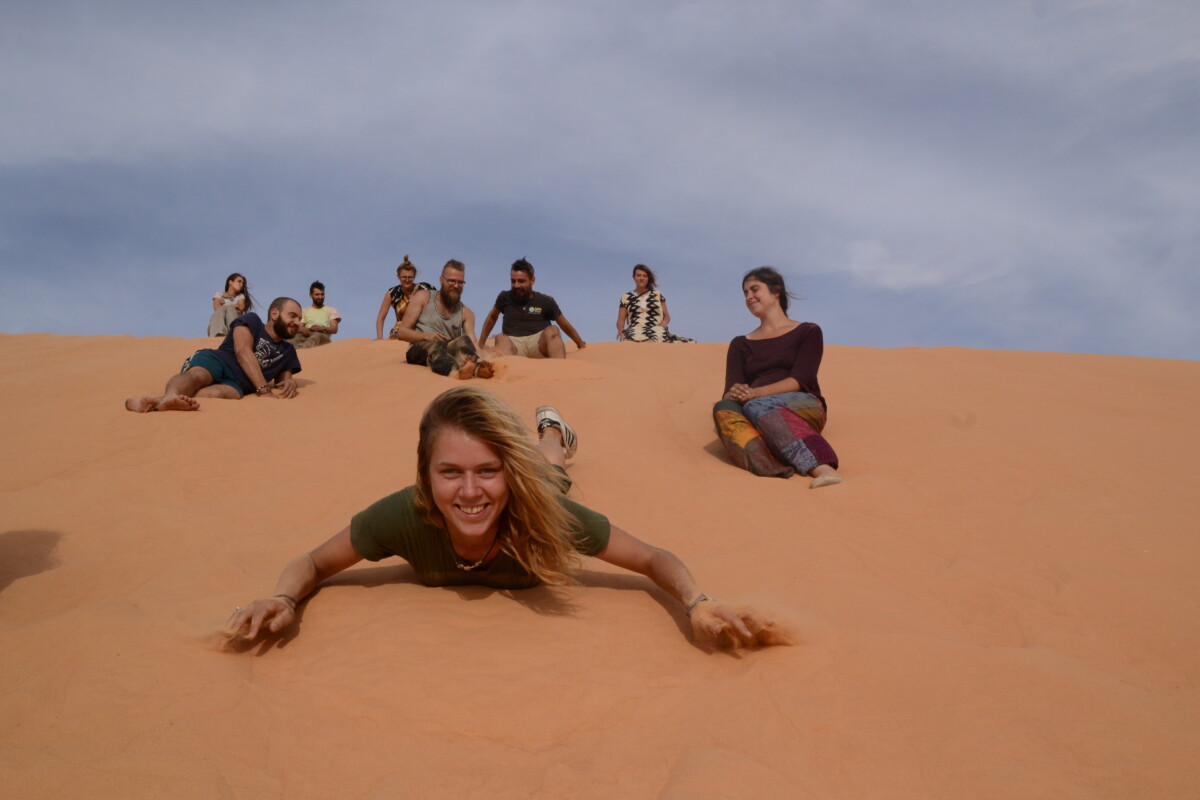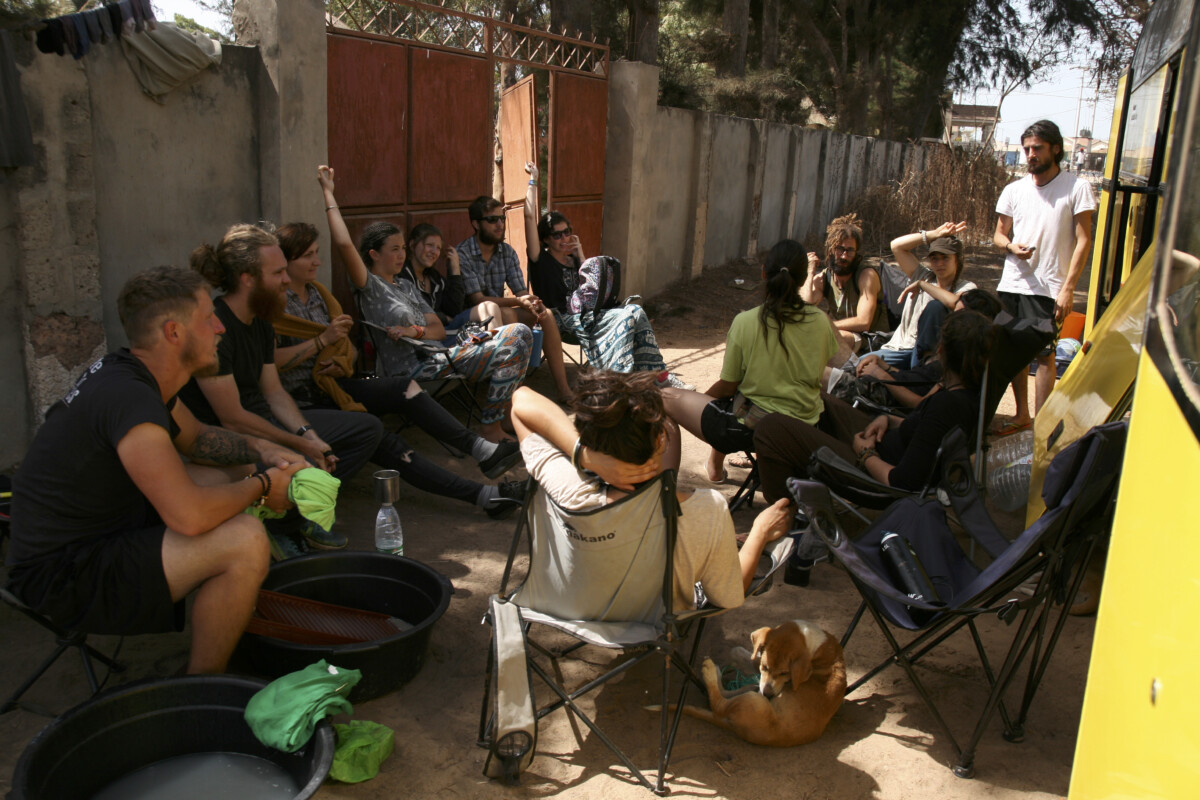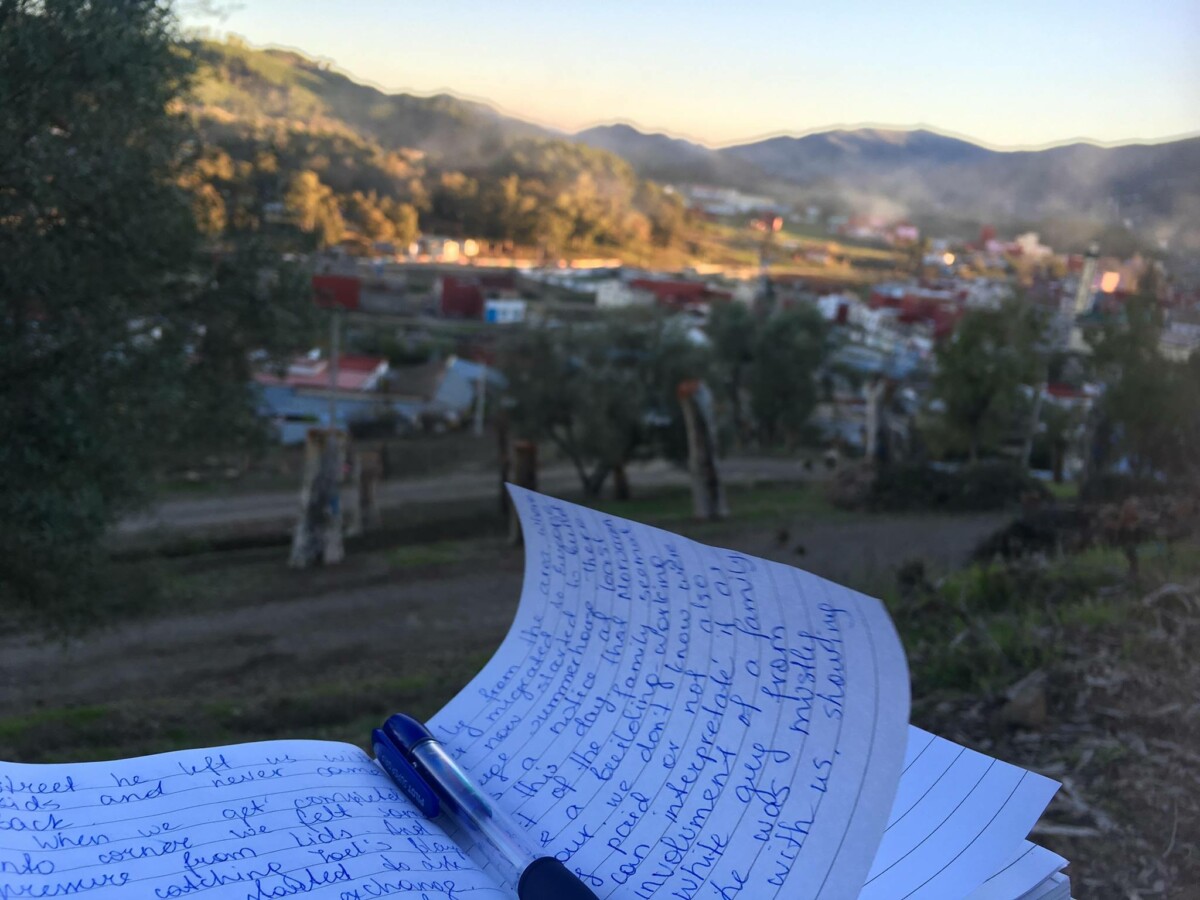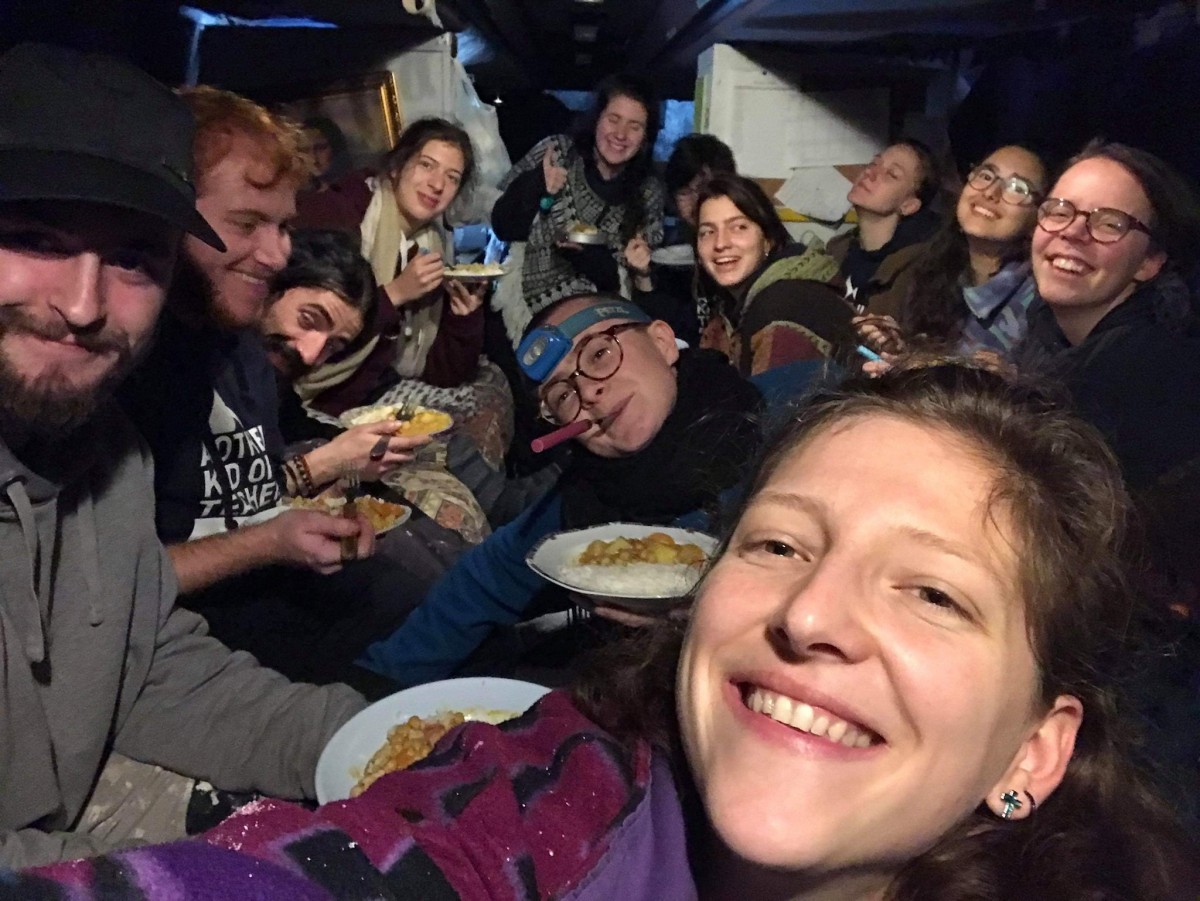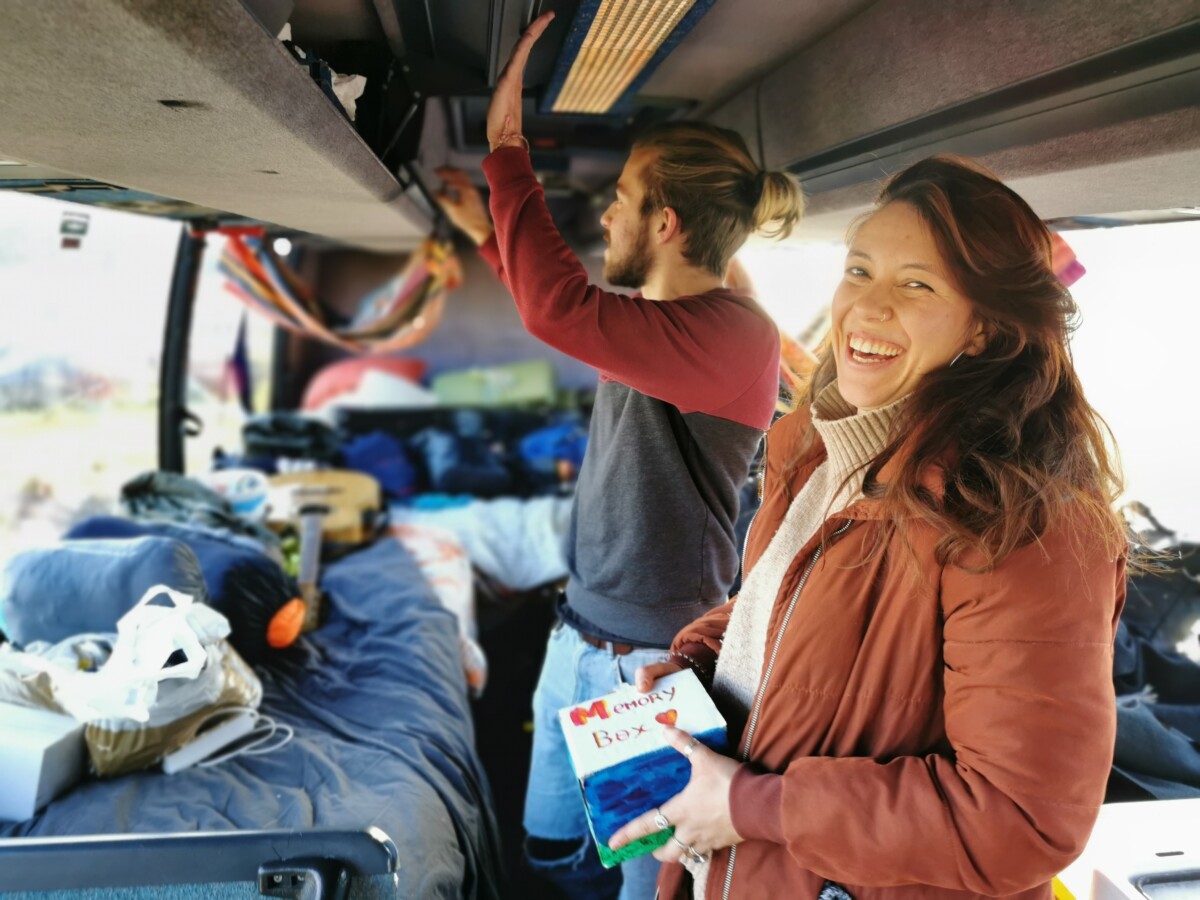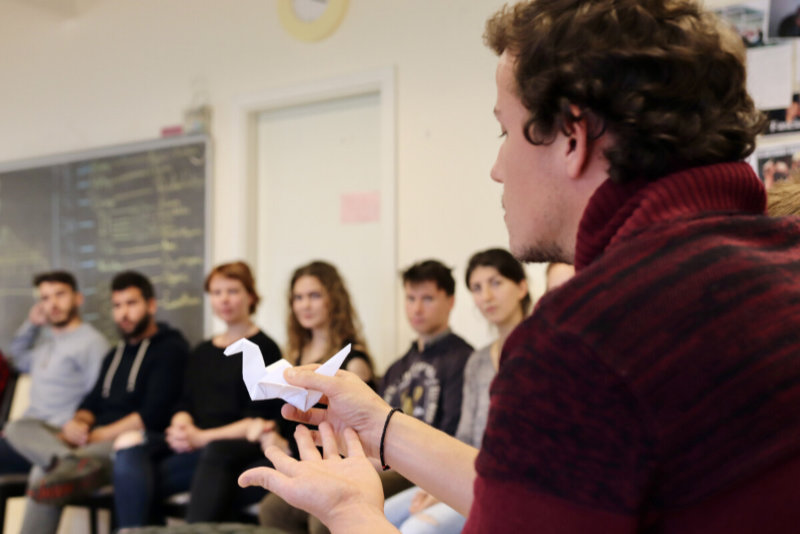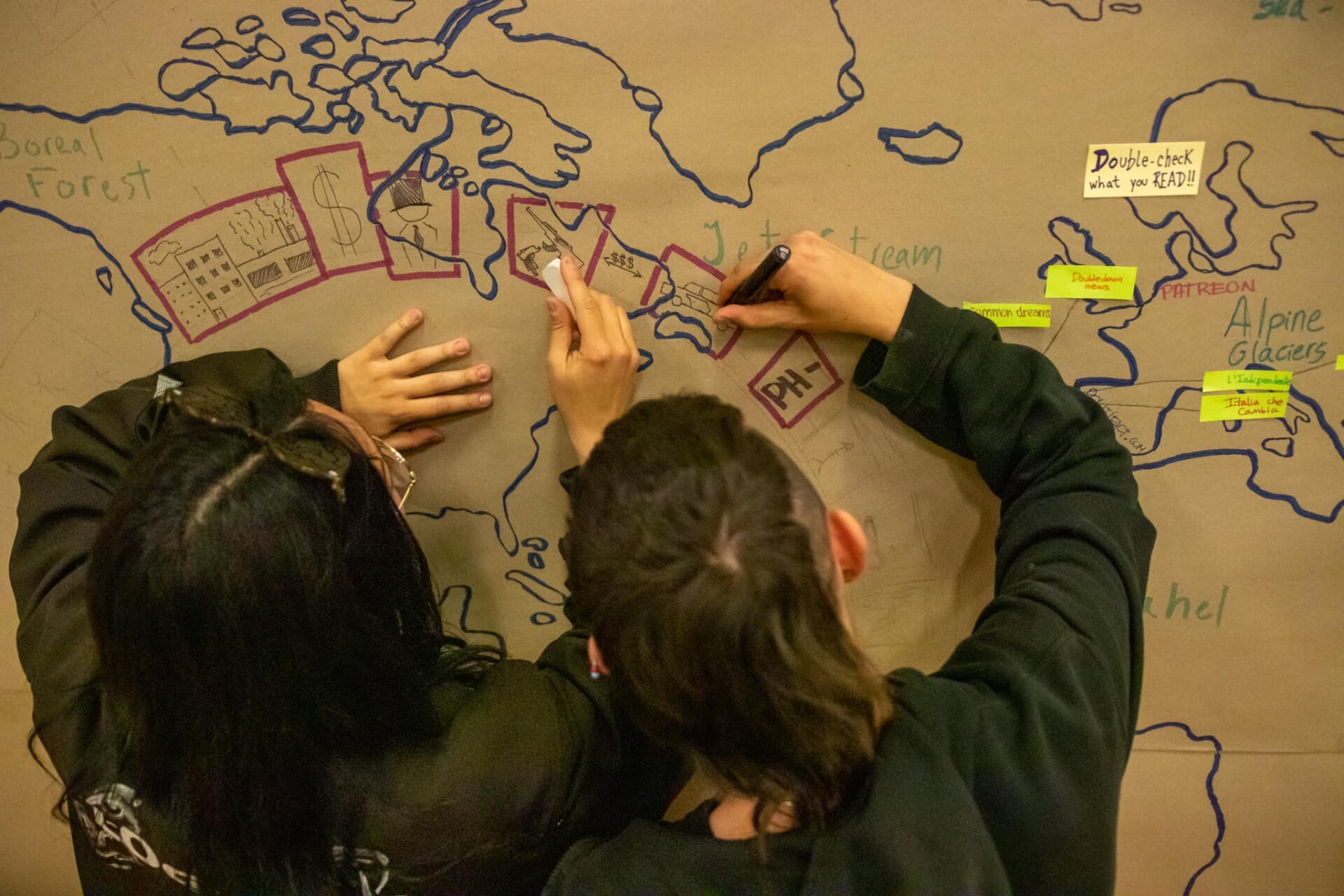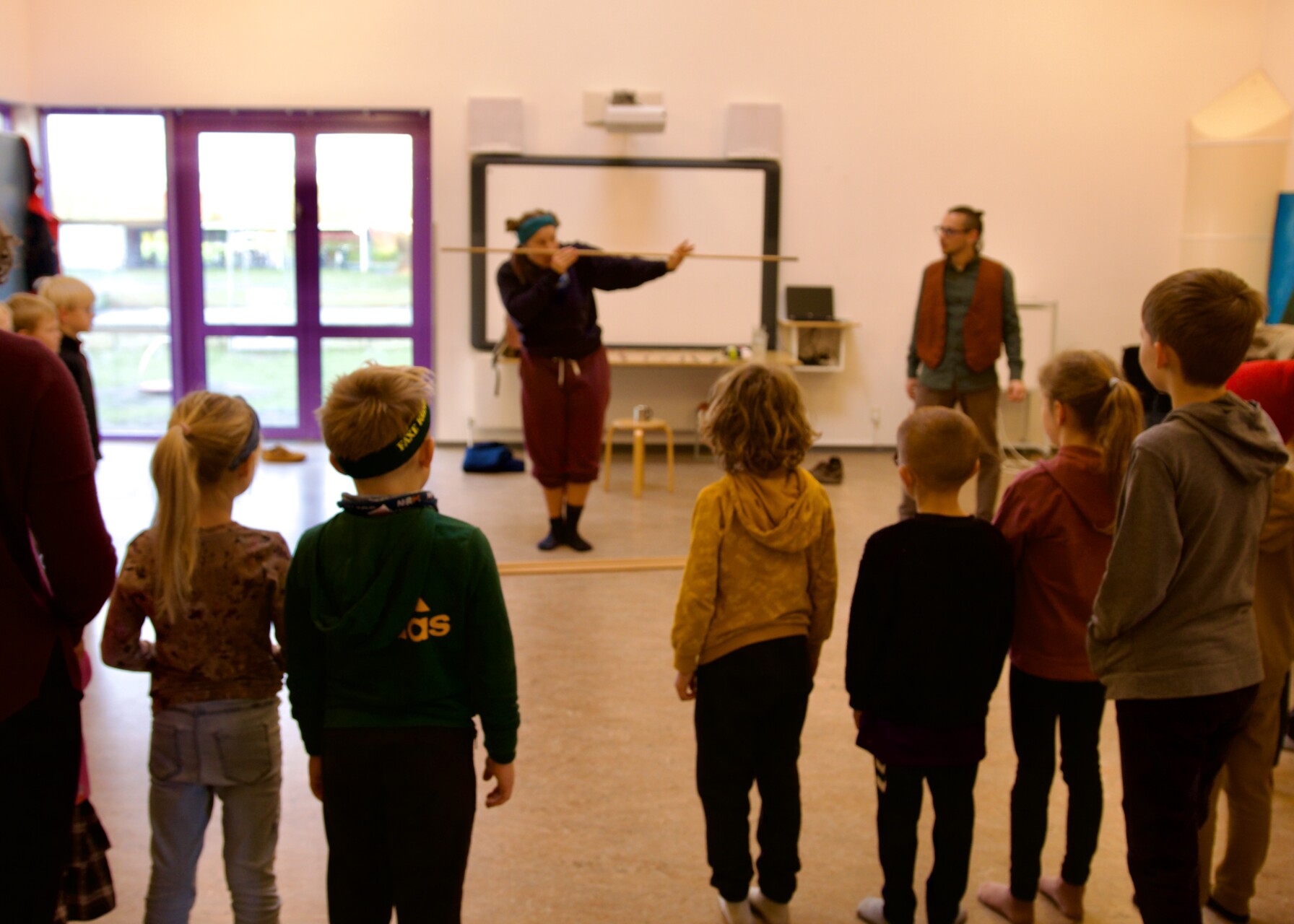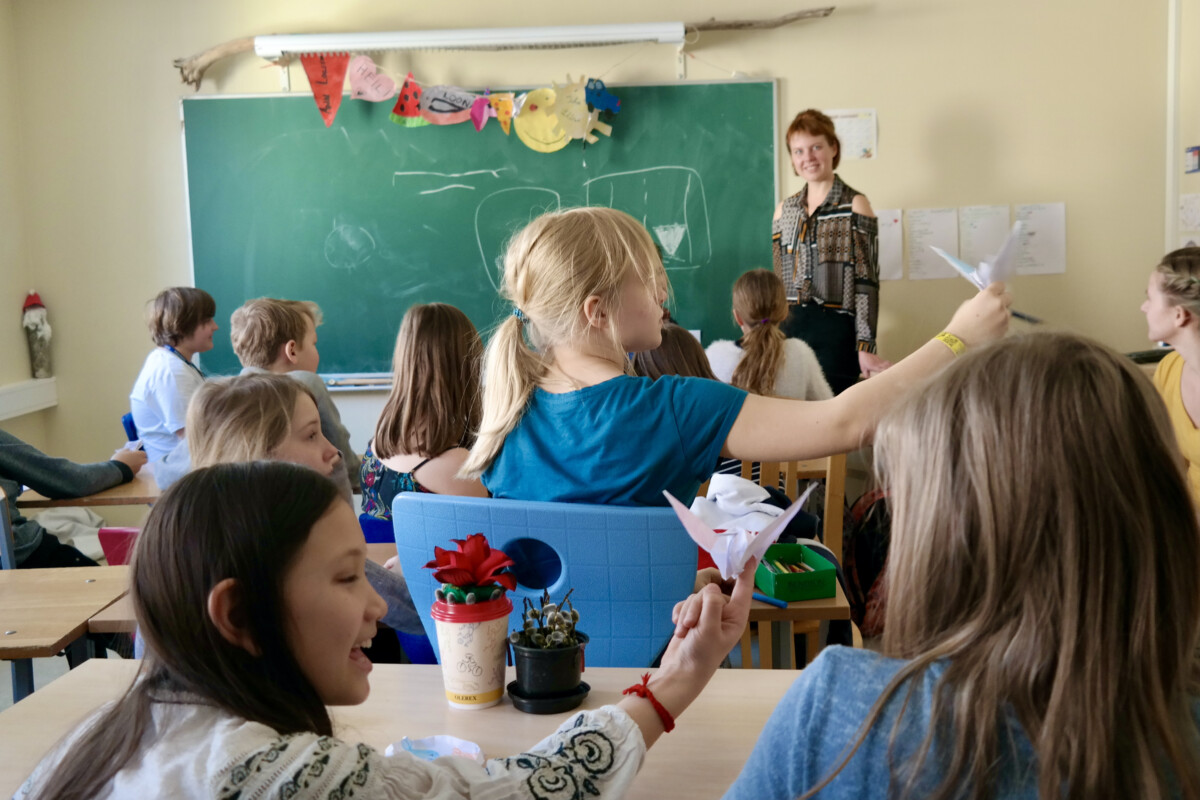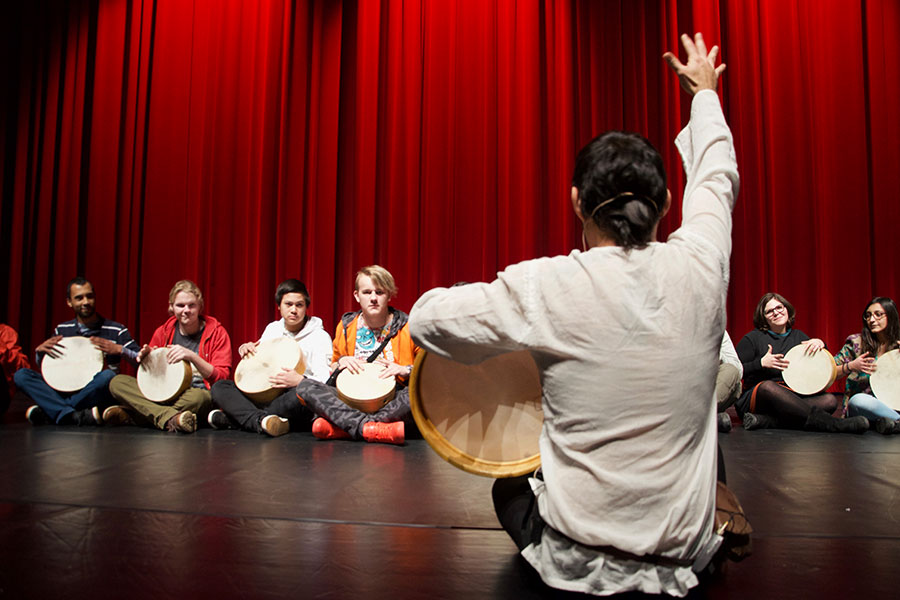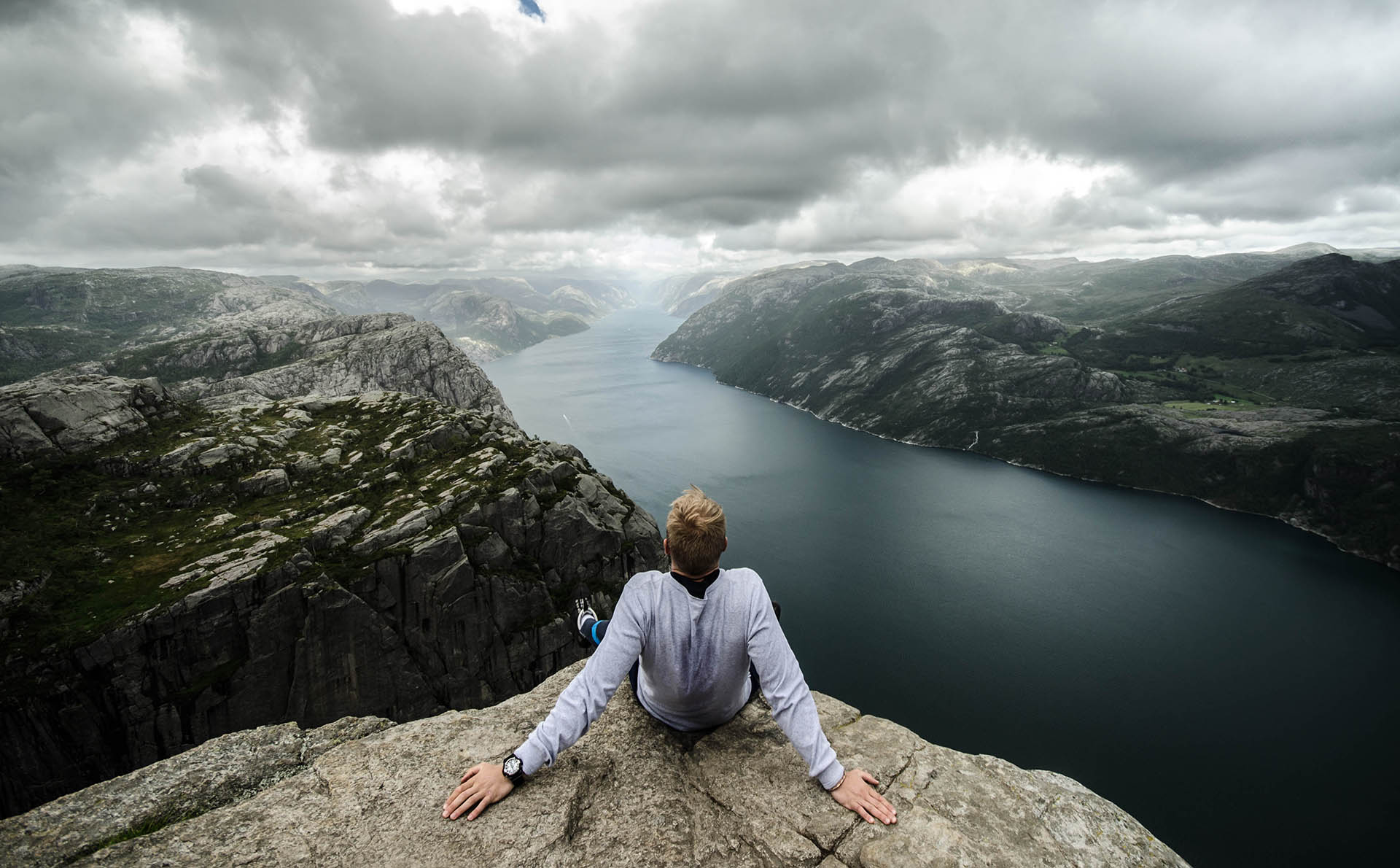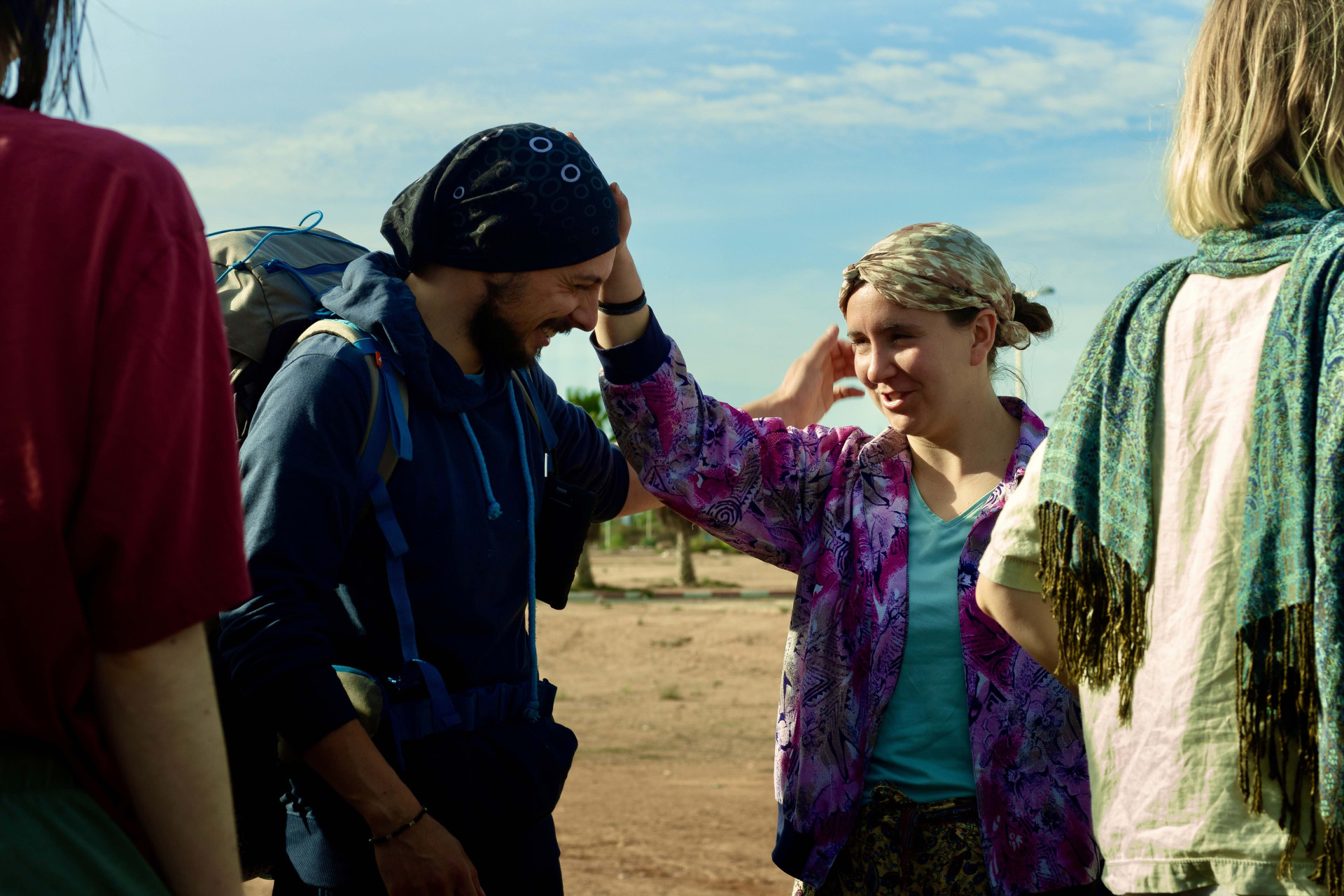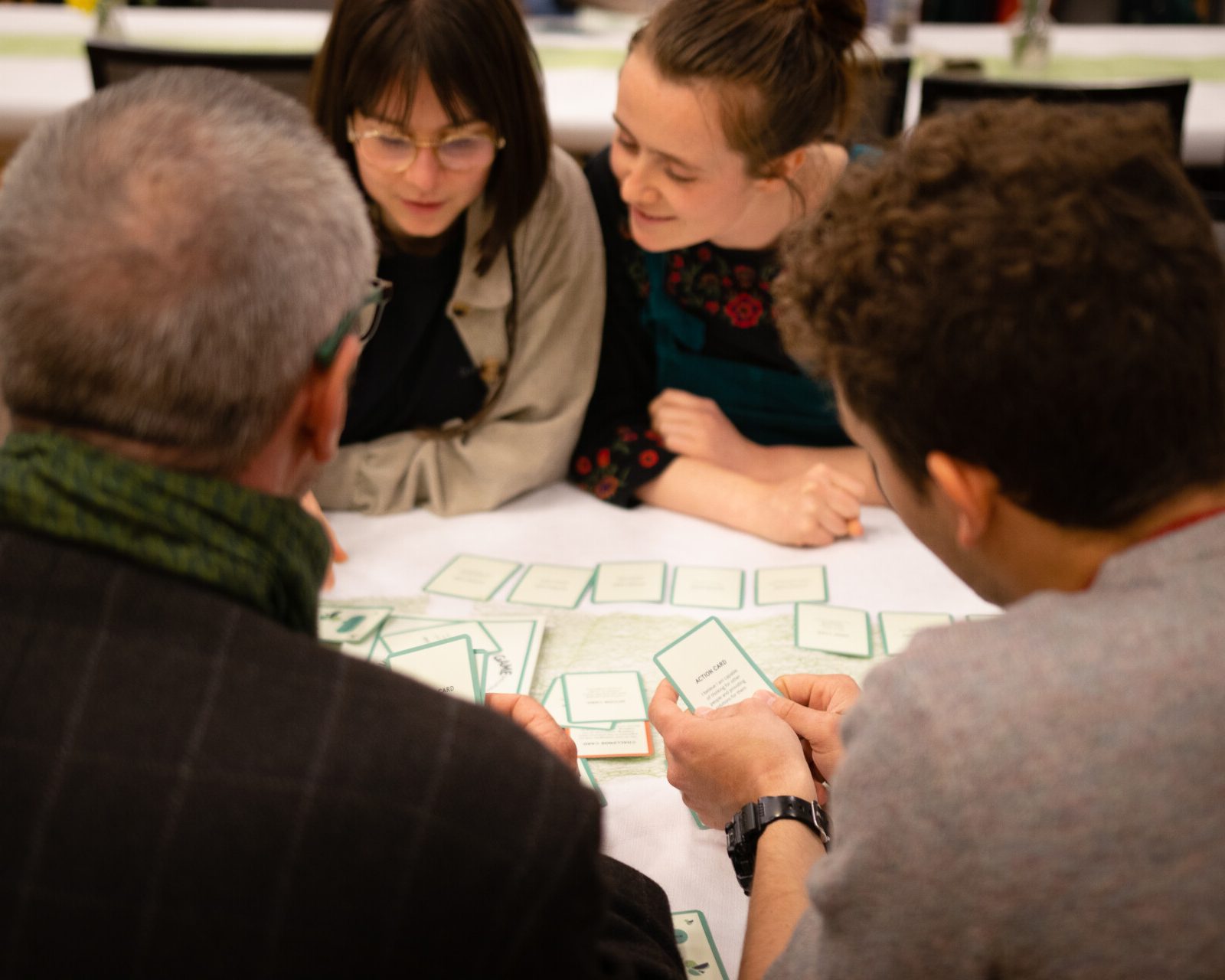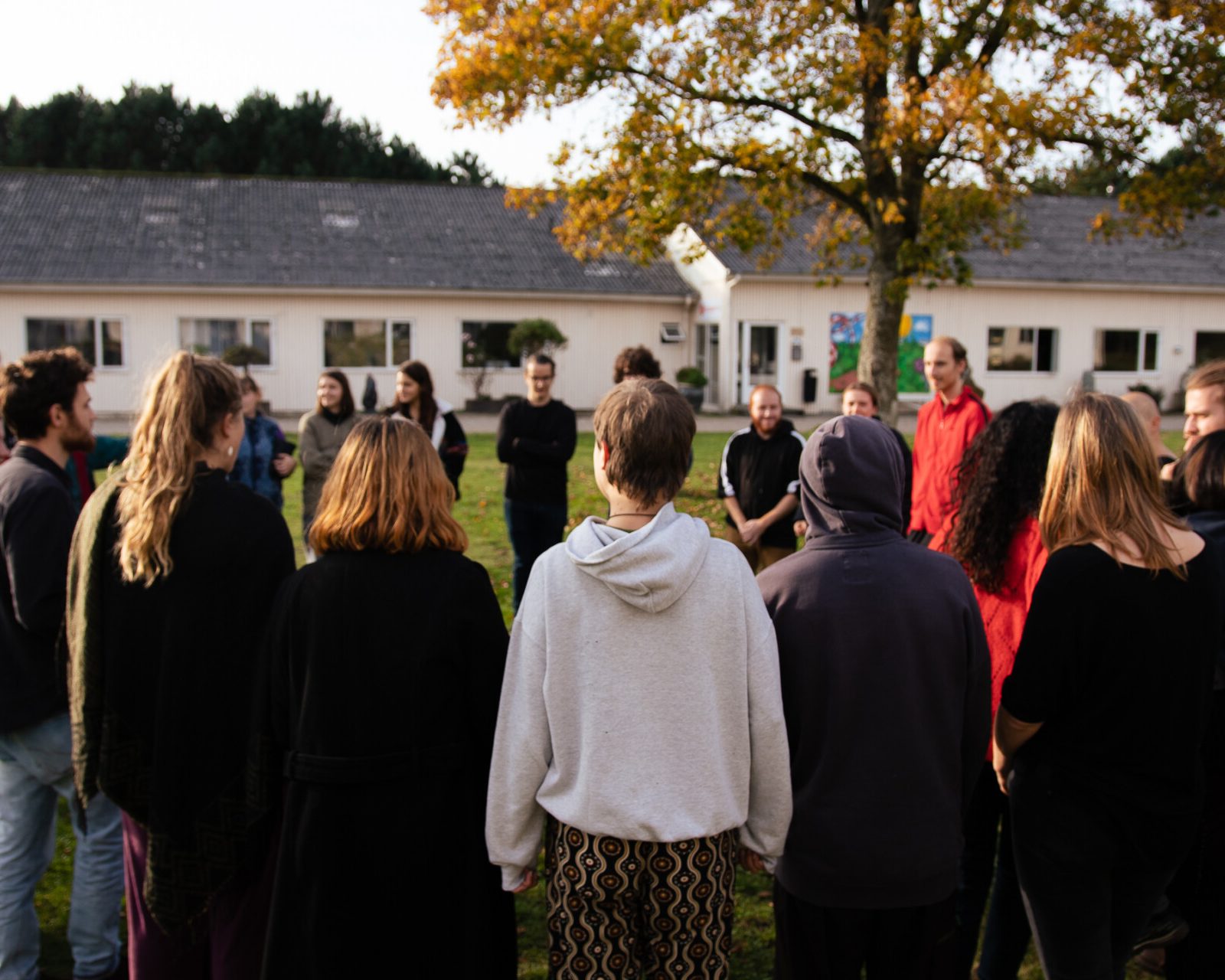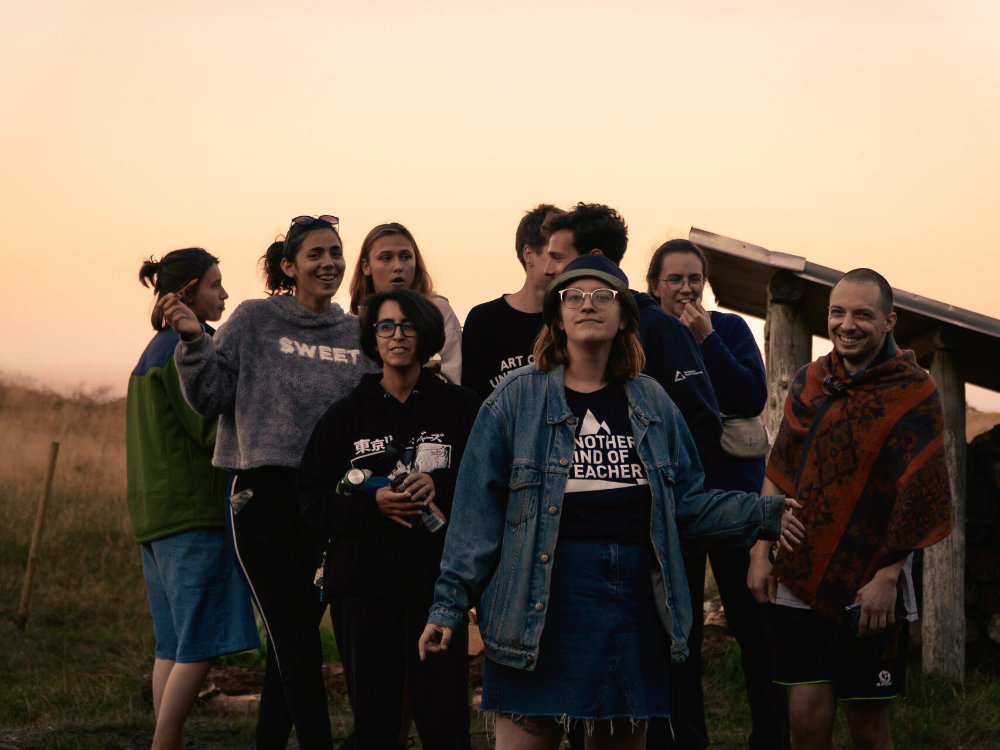Our four-year programme
DNS is a learning institution dedicated to forming passionate educators prepared for a rapidly changing world. Our college offers a unique and transformative learning experience that equips students with the skills and knowledge to understand our society and make a meaningful impact.
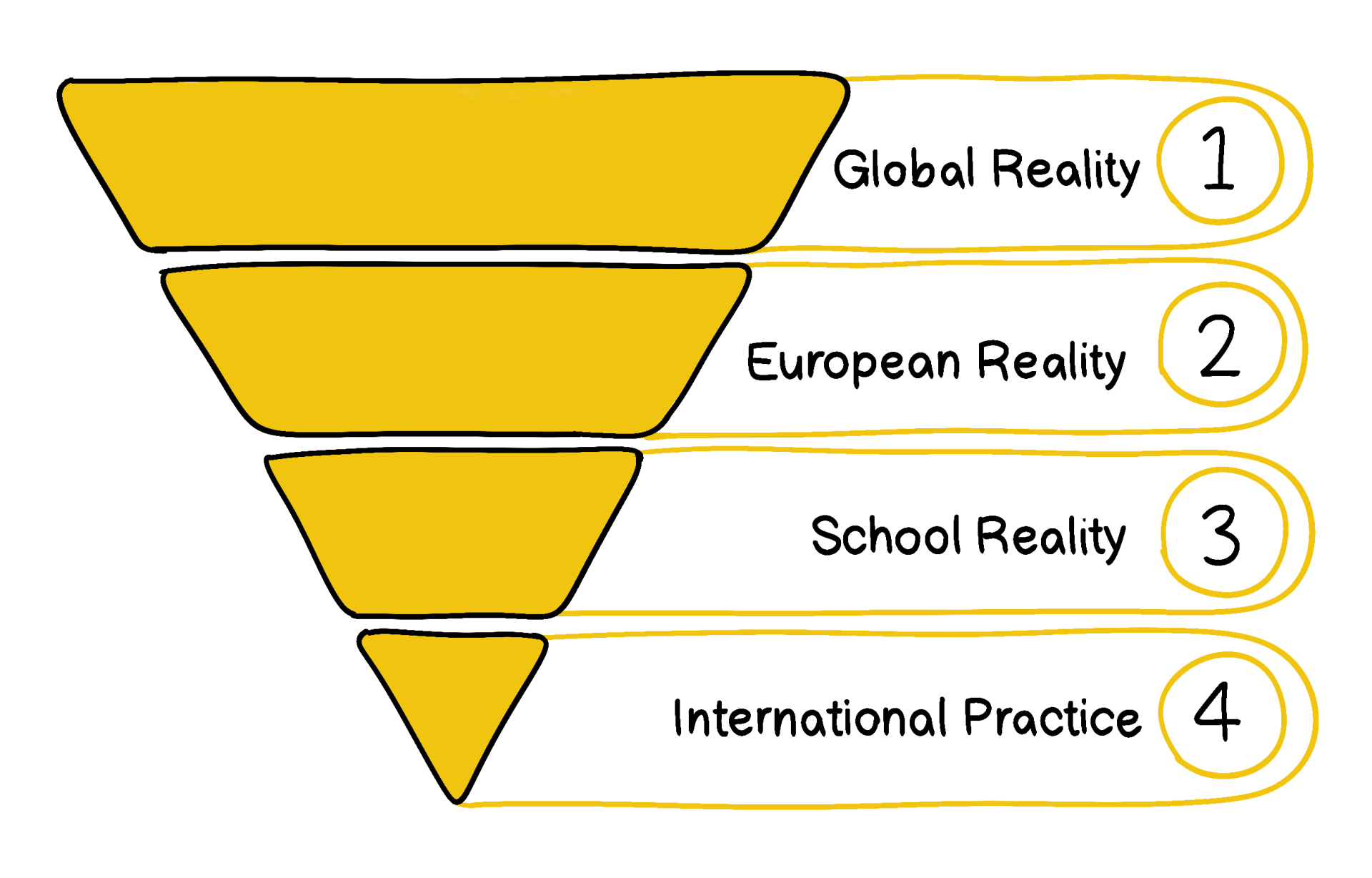
The structure of our programme
The first year of our programme, the “Global Reality”, aims to provide students with a broad understanding of worldwide realities and issues. In the second year, “European Reality”, the focus narrows to the European context, followed by an in-depth exploration of school environments in the third year, the “School Reality”. Finally, in the fourth year, “International Practice”, students get hands-on practice towards the kind of teacher they wish to be.
Each year of the programme builds upon the last helping students appreciate the interconnectedness of global and local realities – while equipping them with the tools to navigate and contribute to both as future teachers.
First year
The Global Reality
The aim of The Global Reality is for the students to acquire an extensive knowledge and insight into global, international, and national realities. The first year is divided into 4 periods, each with their own headlines, aims and content.
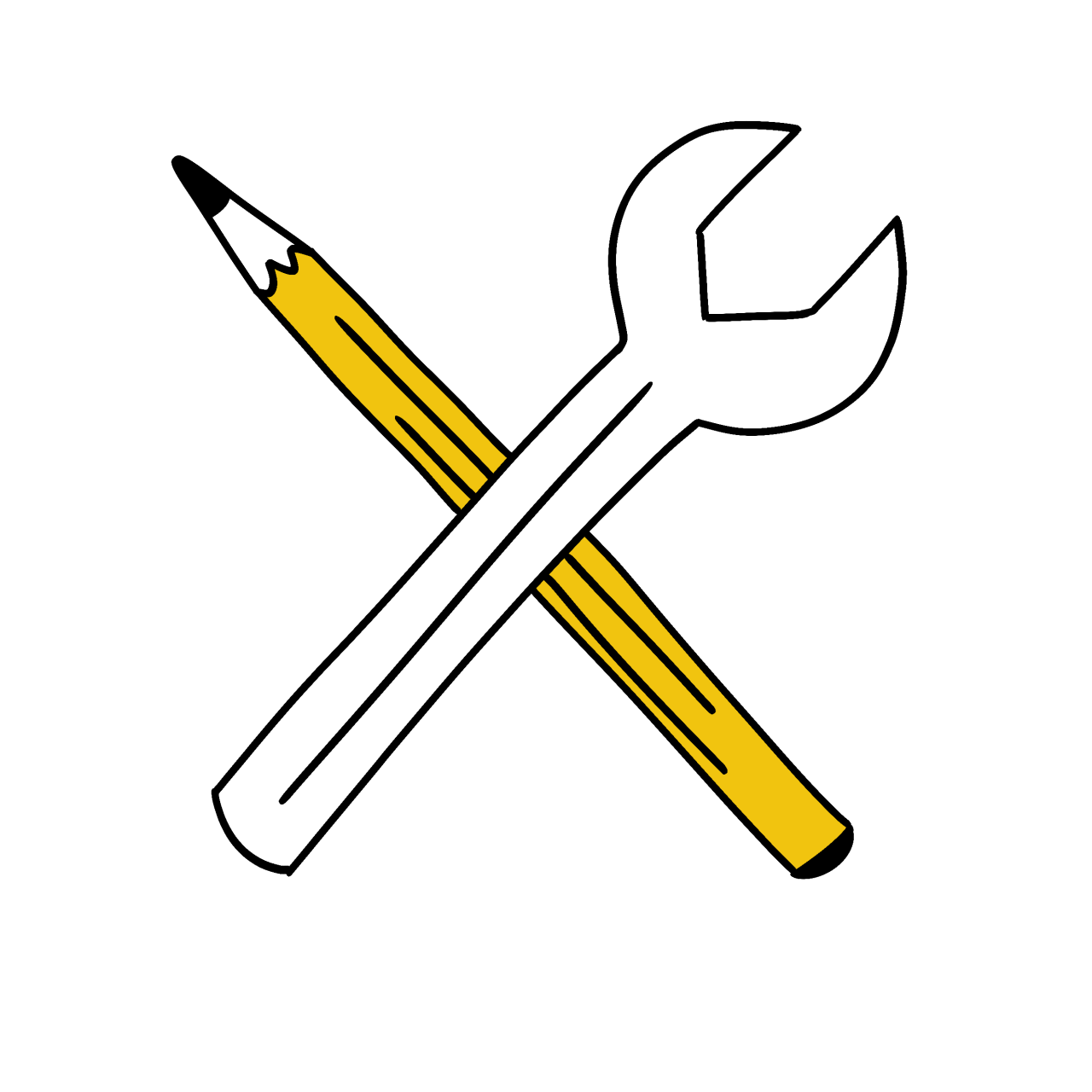
Getting Ready
Together with your team, you will prepare for an overland study trip through Western Africa. As part of the travel preparations you plan the route and learn about the countries you will travel through. You agree about safety procedures as a team, equip the bus, learn to be a co-driver and more! Throughout this experience, you will not only get to know your team members but also develop skills in collaborative decision-making.
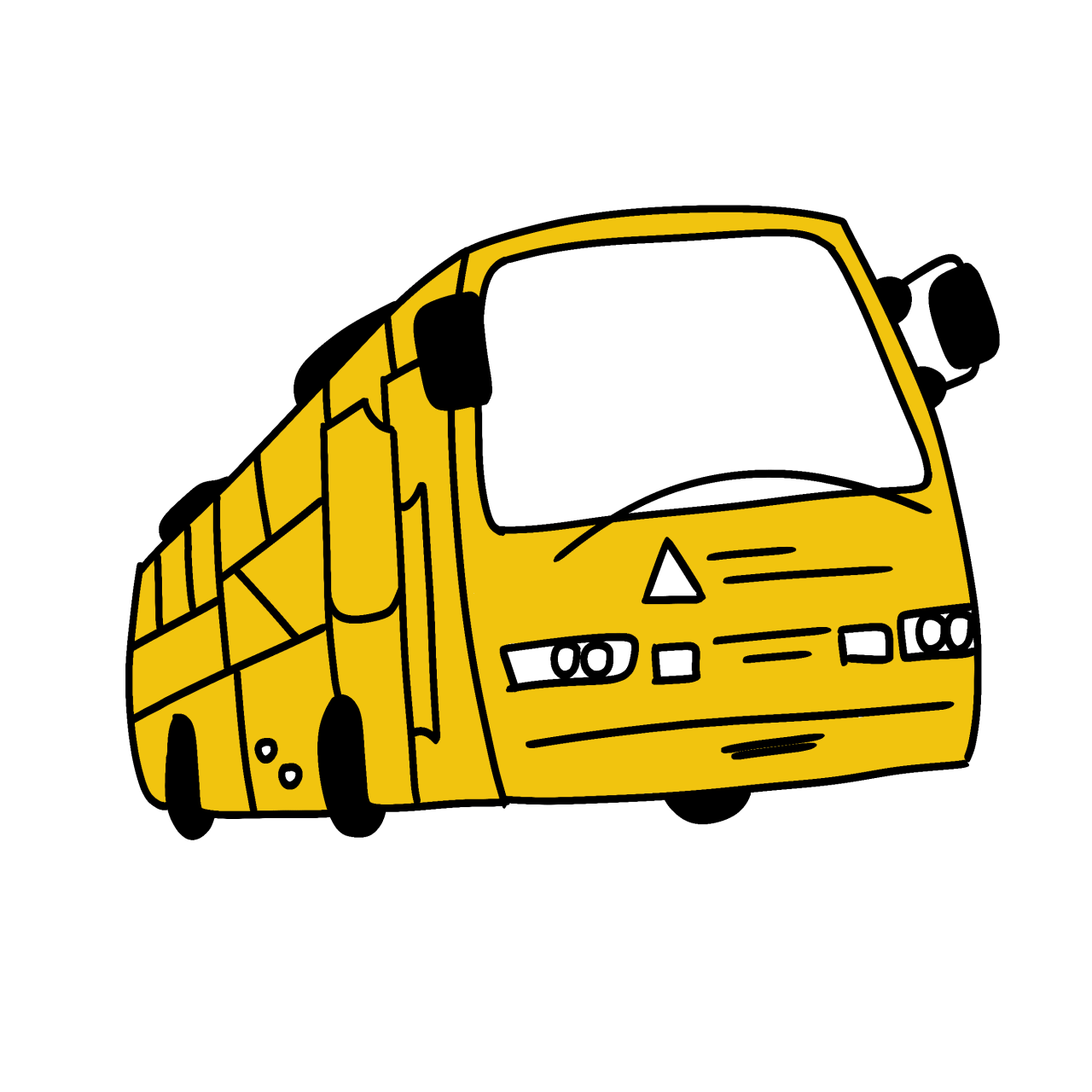
On the road
On the journey from Denmark to Guinea-Bissau, you will investigate the reality of each country you pass through. You meet people, visit their homes and hear their stories while exploring the social, cultural, and political aspects of their countries. The bus will become your home and classroom as you discover the world with all your senses. The aim is to gain a better understanding of global reality.
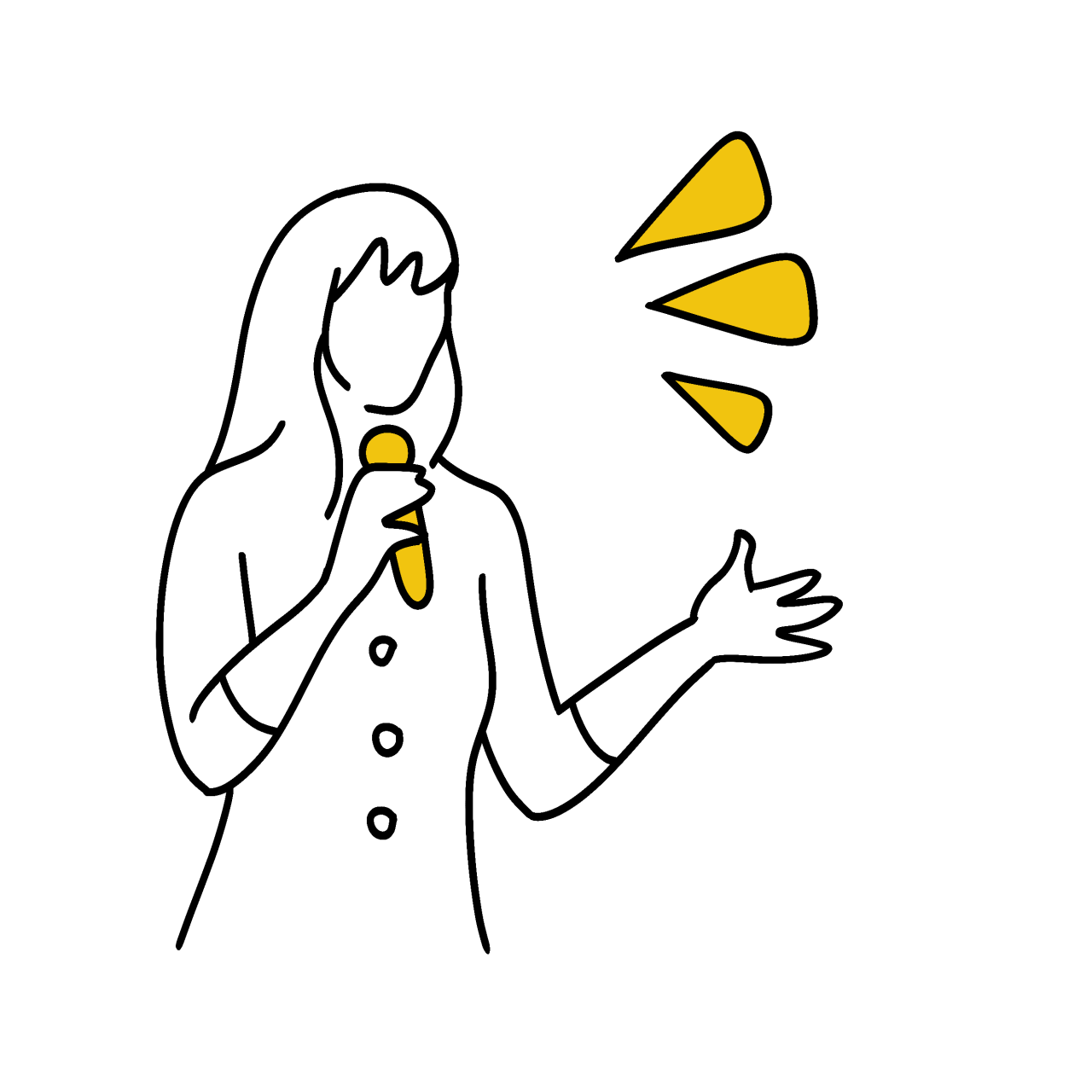
Bring it to the Public
You reflect on the question – How did the travel move you as a team? You decide what are the main lessons and turn it into a message to share with the people in Europe, giving lessons and workshops to a chosen public.
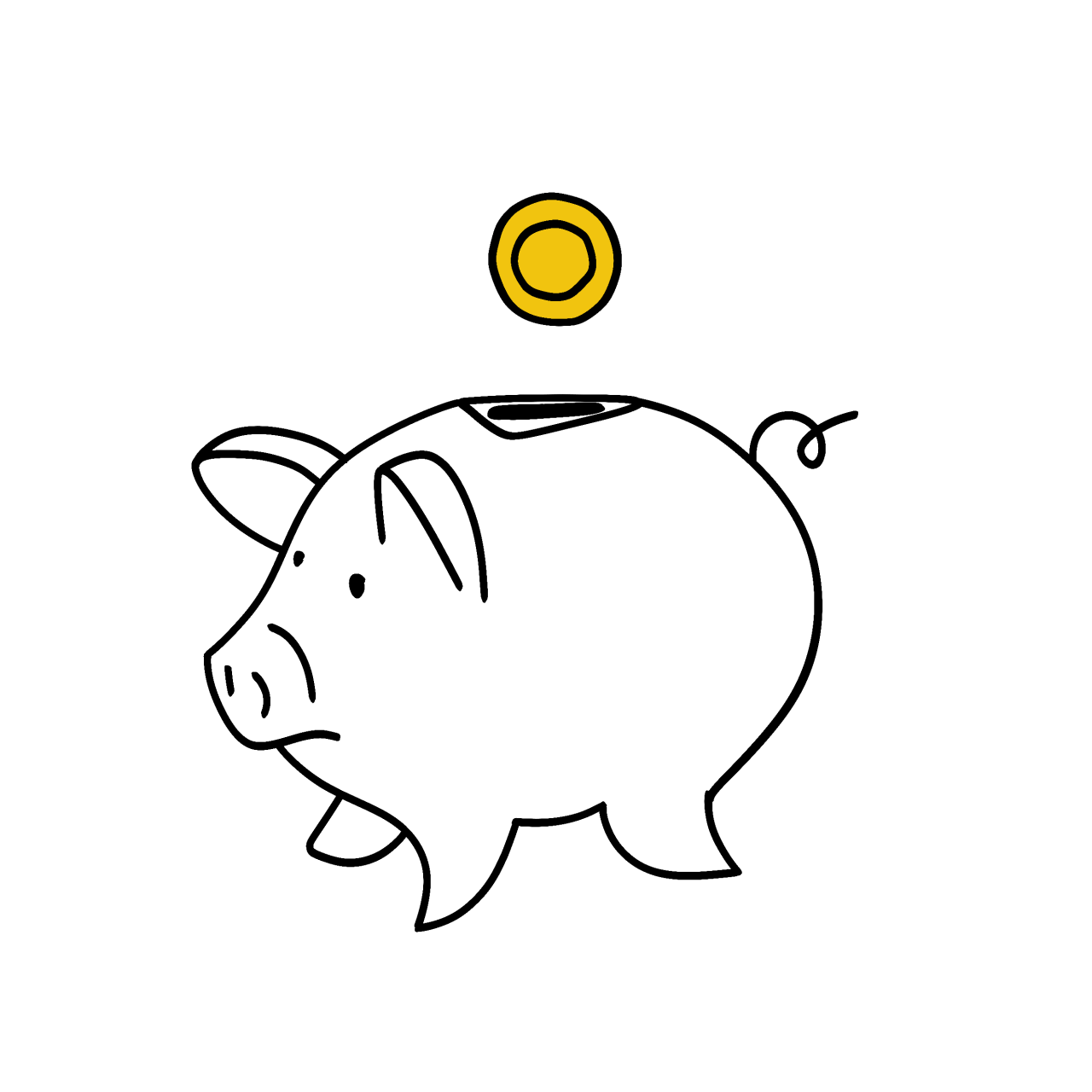
Saving up period
You and your team do pedagogical or other work to generate funds for the second year. In this way, you also gain valuable work experience and contacts.

Getting Ready
2 months
Together with your team, you will prepare for an overland study trip through Western Africa. As part of the travel preparations you plan the route and learn about the countries you will travel through. You agree about safety procedures as a team, equip the bus, learn to be a co-driver and more! Throughout this experience, you will not only get to know your team members but also develop skills in collaborative decision-making.

On the Road
4 months
On the journey from Denmark to Guinea-Bissau, you will investigate the reality of each country you pass through. You meet people, visit their homes and hear their stories while exploring the social, cultural, and political aspects of their countries. The bus will become your home and classroom as you discover the world with all your senses. The aim is to gain a better understanding of global reality.

Bring it to the Public
3 months
You reflect on the question – How did the travel move you as a team? You decide what are the main lessons and turn it into a message to share with the people in Europe, giving lessons and workshops to a chosen public.

Saving Up Period
3 months
You and your team do pedagogical or other work to generate funds for the second year. In this way, you also gain valuable work experience and contacts.
Why do we travel by bus?
The bus serves as both a classroom and a community space, cared for and driven by students and teachers alike. It’s a mobile base for reflection, discussions, and learning. Traveling in it allows us to immerse ourselves in local cultures and environments, observing the gradual shift in landscapes and customs. This experience fosters a deep sense of global citizenship, helping us connect with the world in a meaningful and experiential way.
Investigation as a method
How does an investigation work? Check out this article about field investigations as unconventional pedagogical methods.
Second year
The European Reality
The European Reality is for the students to acquire an extensive knowledge and insight into the contemporary reality of European countries. The second year is divided into 3 periods.
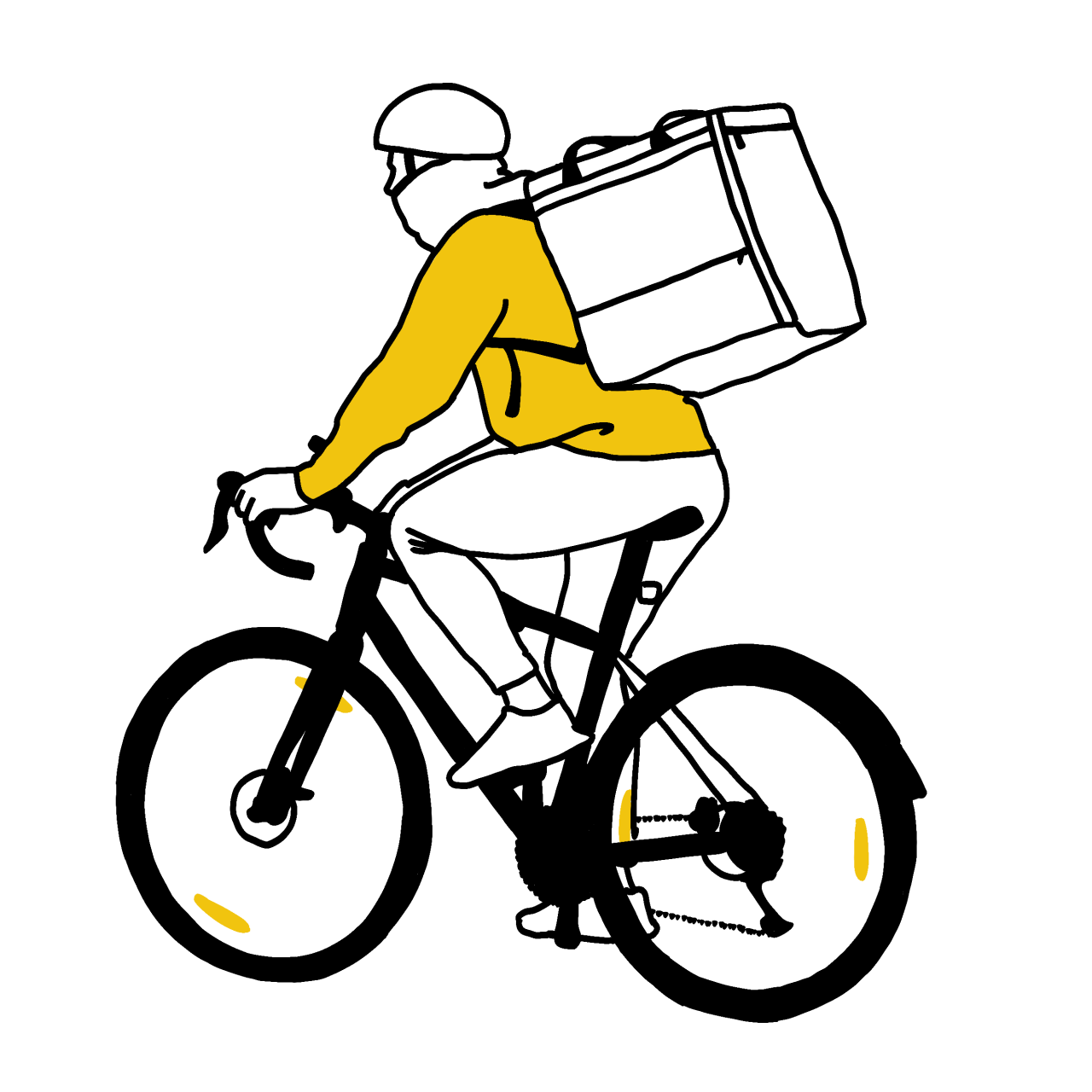
The European Reality
Together with your team, you move into a house in a town or city in Europe to explore the reality of ordinary people. You live together, get jobs, study and practice active citizenship. You participate in activities in the local community and organise cultural events for your colleagues and neighbours. You learn about how Western society works and what it takes to bring about a change.
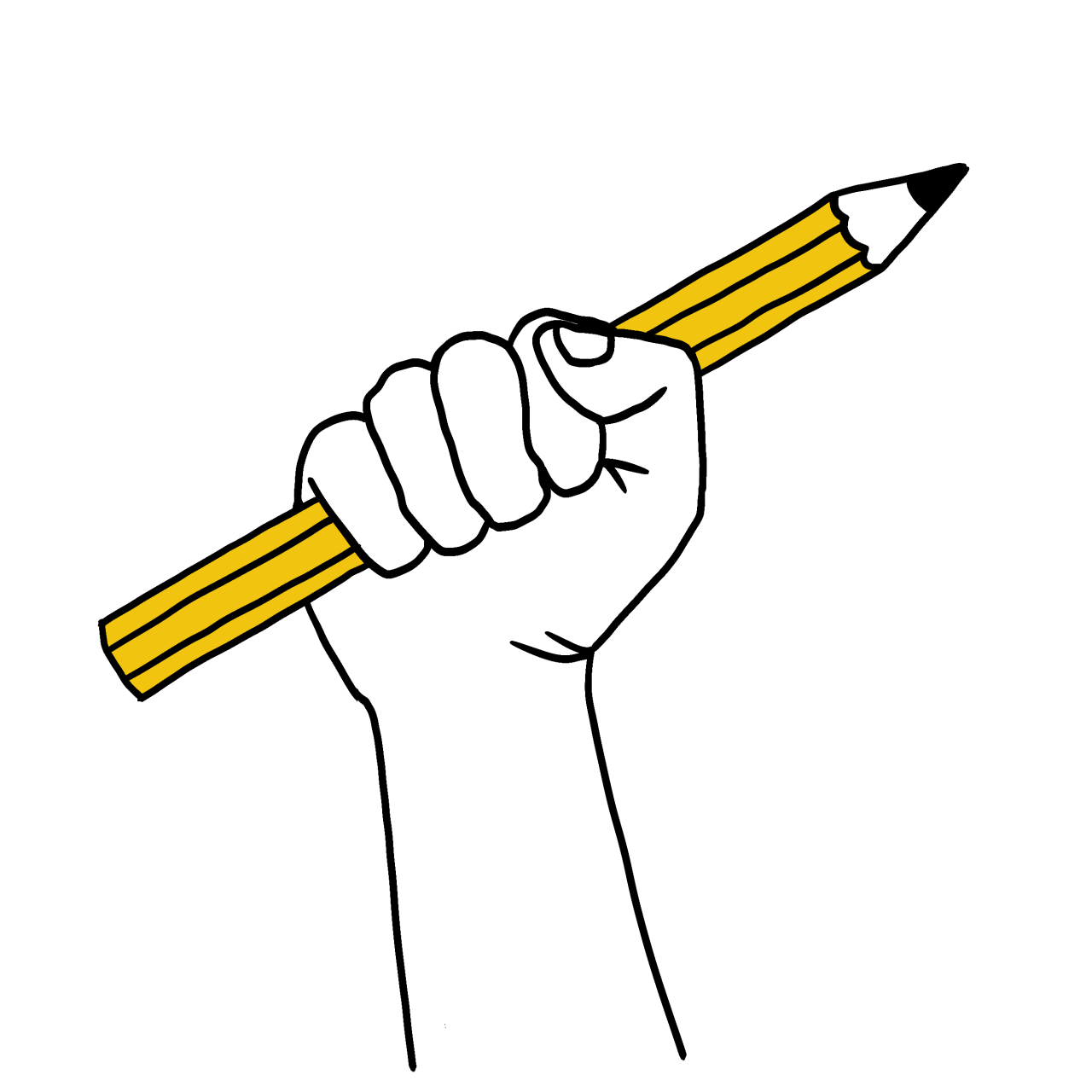
Study Period
The team is together at the campus, organising sports and evening programmes, cooking and gardening and spending time with people in the community. You study social science, history, sustainability and natural sciences.
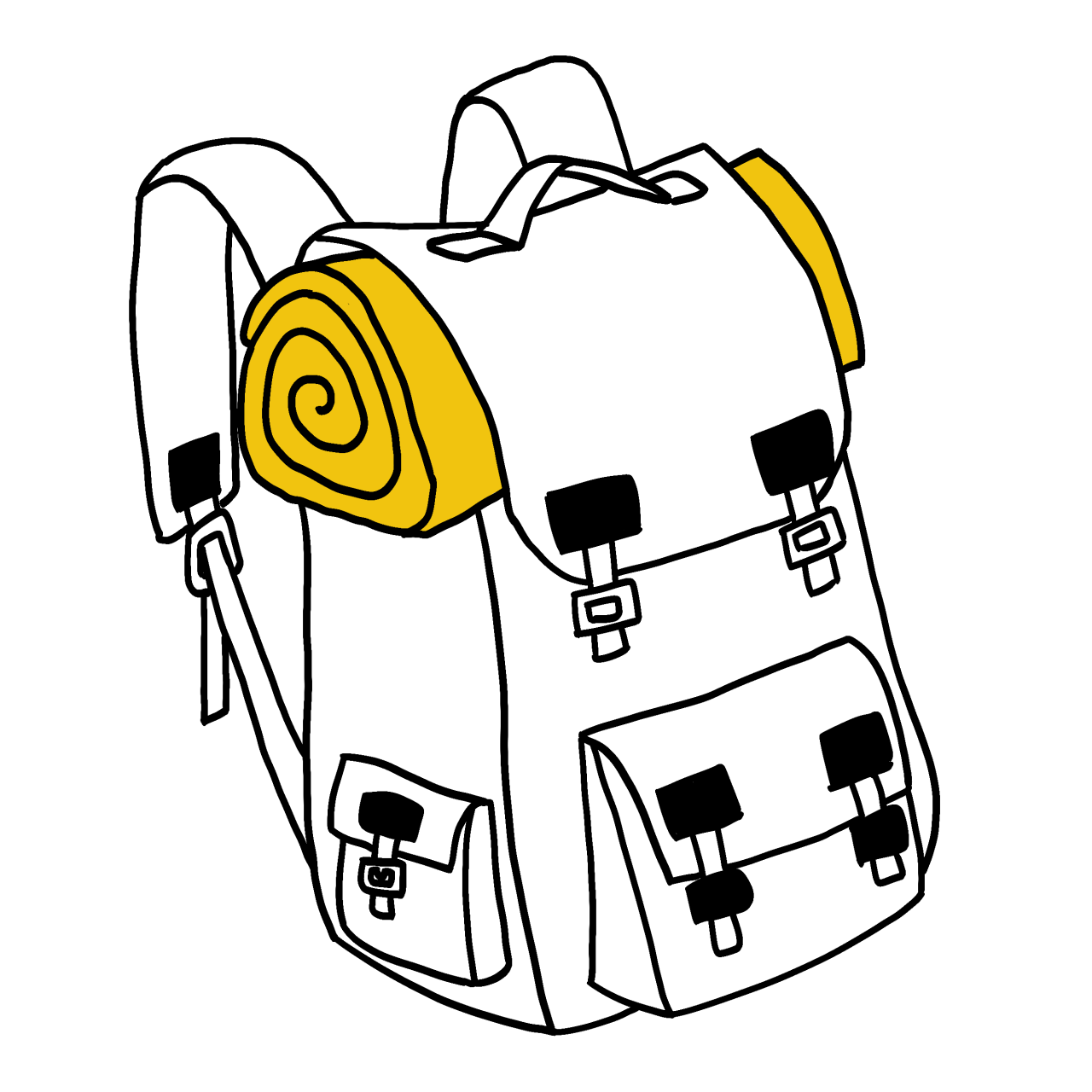
Do What You Find Most Appropriate To Do
Each student decides what to do – individually or together with others – considering personal, pedagogical and political growth. The period challenges you to be in the forefront to create an idea, plan, implement and conclude on it.

The European Reality
6 months
Together with your team, you move into a house in a town or city in Europe to explore the reality of ordinary people. You live together, get jobs, study and practice active citizenship. You participate in activities in the local community and organise cultural events for your colleagues and neighbours. You learn about how Western society works and what it takes to bring about a change.

Study Period
3 months
The team is together at the campus, organising sports and evening programmes, cooking and gardening and spending time with people in the community. You study social science, history, sustainability and natural sciences.

Do What You Find Most Appropriate To Do
3 months
Each student decides what to do – individually or together with others – considering personal, pedagogical and political growth. The period challenges you to be in the forefront to create an idea, plan, implement and conclude on it.
What's the point of learning about the European Reality?
The purpose of the period is to understand the reality of your future students and their parents, by living and working alongside them. During this period, you’ll investigate current challenges of our society and act upon them.
Third year
The School Reality
During the “School Reality” year, the students experience and understand the reality of children and teachers in schools. They get to practice their profession and craft as a teachers, and consider the role and function of schools in today’s world.
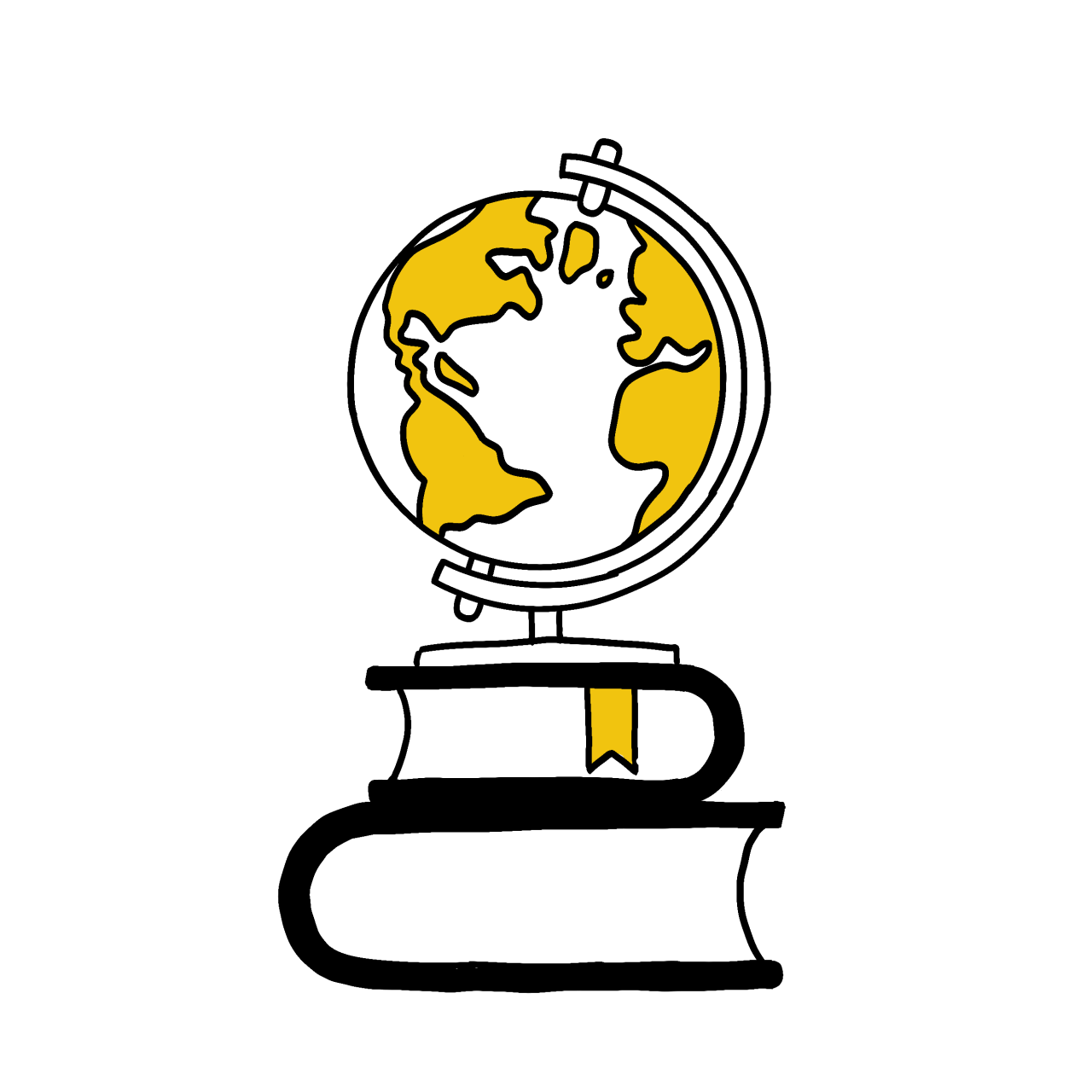
Teaching Practice
The main focus during the third year is nine months of teaching practice in schools or schooling-integrated care homes for students with special educational needs. You and your teammates learn about pedagogy and didactics while being employed in full-time teaching positions.

Running the school together
You conclude and document the teaching experience. The team steps up to take on extraordinary tasks at the campus and in the local community.

Teaching Practice
9 months
The main focus during the third year is nine months of teaching practice in schools or schooling-integrated care homes for students with special educational needs. You and your teammates learn about pedagogy and didactics while being employed in full-time teaching positions.

Running the school together
3 months
You conclude and document the teaching experience. The team steps up to take on extraordinary tasks at the campus and in the local community.
In what kind of school will I have my teaching practice?
There are various options across different educational settings – including schools and carehome facilities for vulnerable children and youth, and at DNS itself as a teacher for younger teams.
Fourth year
International Practice
In the fourth year of DNS, you and your teammates will gain more experience in teaching, with the possibility of joining projects or establishing new initiatives abroad.

Preparation Period
Together with the team, you choose between different fields to specialise in, e.g. social sciences, English, geography, sustainability or eco-literacy. You investigate possibilities and plan how you will learn and make a difference in your upcoming project period.

Project Period
You’ll get the chance to go on an exciting practice period. During this immersive time, you’ll roll up your sleeves and dive into teaching, experiencing it in different settings. This will open your eyes to a wider world of education and help you grow as a teacher. It’s a fantastic opportunity to make a positive impact!
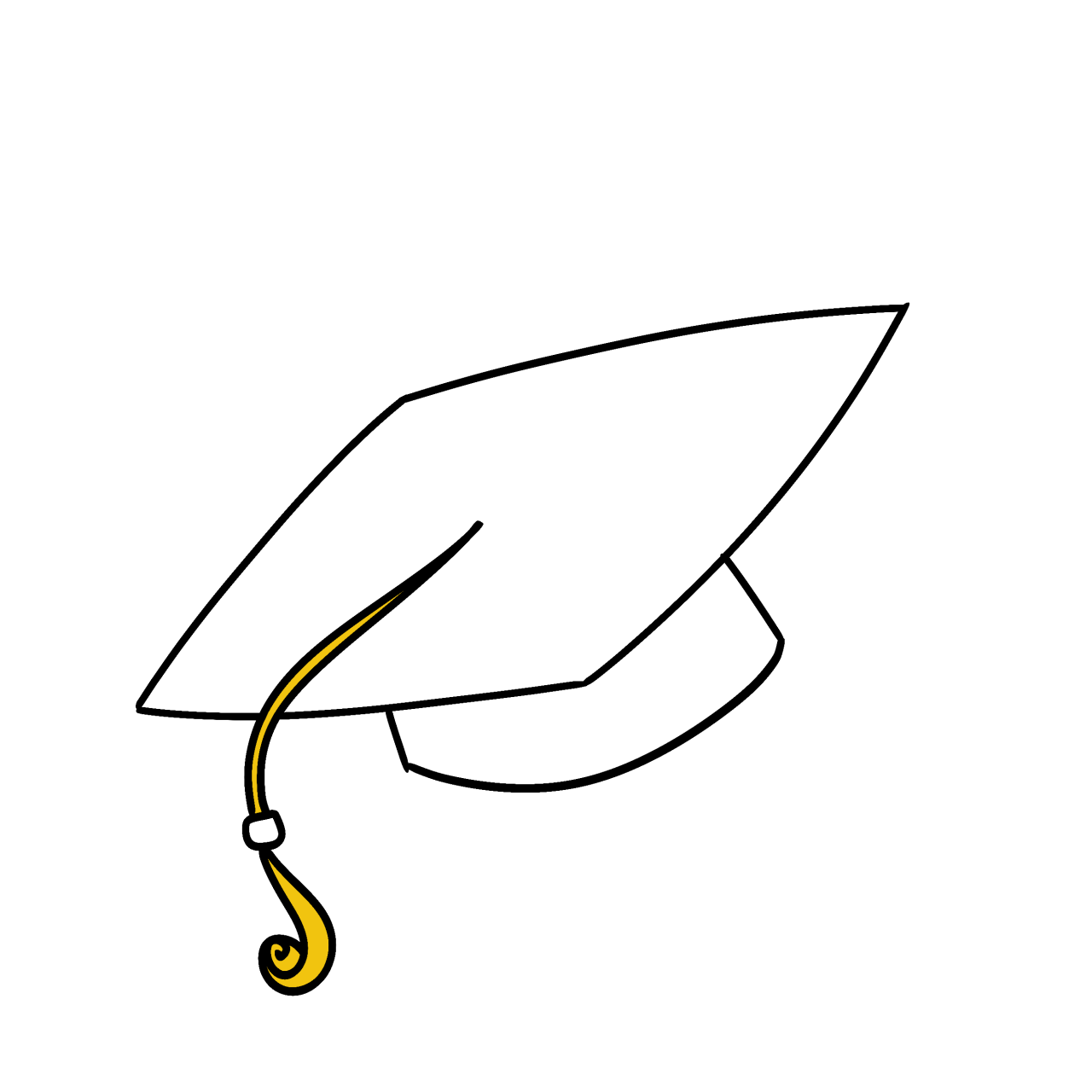
Final Study Period
Back at the campus, you finalise your pedagogical specialisations and take the final exams. You introduce the new teams to life on campus. Most important, you will consider how you will be the change you want to see in the world!

Preparation Period
3 months
Together with the team, you choose between different fields to specialise in, e.g. social sciences, English, geography, sustainability or eco-literacy. You investigate possibilities and plan how you will learn and make a difference in your upcoming project period.

Project Period
6 months
You’ll get the chance to go on an exciting practice period. During this immersive time, you’ll roll up your sleeves and dive into teaching, experiencing it in different settings. This will open your eyes to a wider world of education and help you grow as a teacher. It’s a fantastic opportunity to make a positive impact!

Final Study Period
3 months
Back at the campus, you finalise your pedagogical specialisations and take the final exams. You introduce the new teams to life on campus. Most important, you will consider how you will be the change you want to see in the world!
What kind of project can I chose, for my international practice?
It is really up to you and what you will find relevant to complete your journey at DNS! You have the possibility to join one of the projects of DNS’ partner schools worldwide, or to find something right in your hometown, where you’ve always dreamt of teaching. Or maybe you will be starting up your very own project, individually or together with some teammates!
Want to know more?
Check out:

